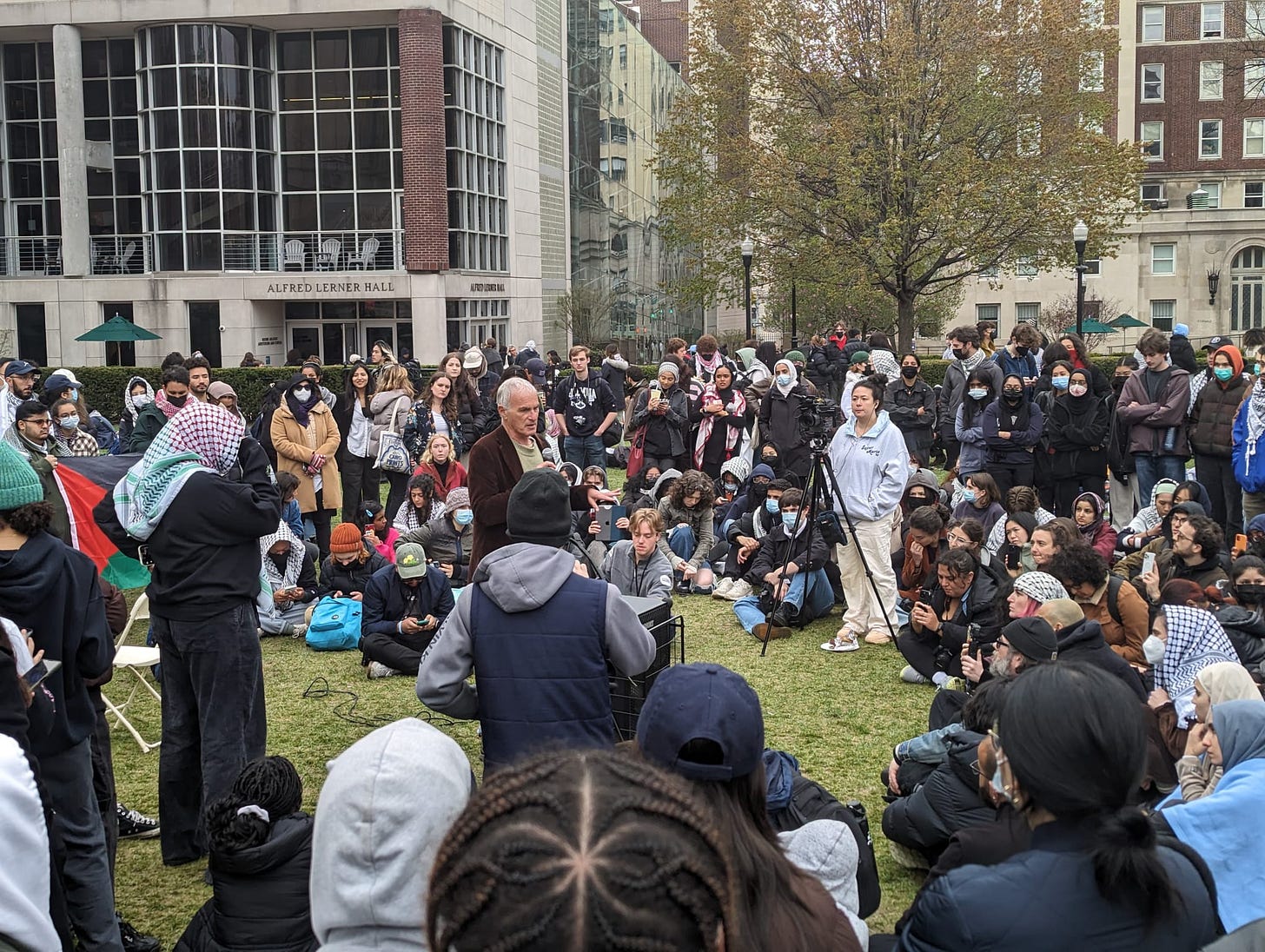The Red Handkerchief
I never imagined I'd be quoted in an article about Stormy Daniels, but there's a first time for everything I suppose.
The issue on which I was asked to comment was witness intimidation, which needs to be detected before it can be sanctioned. But detection is not always easy. The example I gave Aaron Blake for his report was drawn from Jeffrey Adler’s wonderful book First in Violence, Deepest in Dirt: Homicide in Chicago, 1875-1920. Adler describes a spate of killings in the Little Sicily neighborhood of the city that were attributed to a mysterious organization known as the Black Hand:
Between 1910 and 1920 Chicago policemen and prosecutors secured convictions for 21 percent of the city’s homicides. Among homicides labeled Black Hand killings, only 4 percent of killers were convicted… Similarly, police made arrests in only 21 percent of Black Hand killings, compared with 71 percent for all of the city’s homicides. During the trial in one of the few cases in which law enforcers made an arrest and secured an indictment, a stranger walked into the courtroom and waved a red handkerchief. Seeing this, the Italian immigrant on the witness stand instantly fell silent and “refused to answer any questions by the prosecutor.”
This example is examined, along with several others, in my book with Dan O’Flaherty and an earlier article on witness intimidation.
The waving of a red handkerchief in court is an example of a message that is intended to convey a very particular meaning. The meaning is understood by the recipient of the message, even though it may be entirely obscure to others. The meaning emerges through a process of social coordination—there is nothing intrinsic to the act of waving a piece of red fabric that implies the particular meaning with which the act came to be associated at that time and place.
One can think of contemporary examples. All Lives Matter! Let’s Go Brandon! And an especially obscene coded message that the former president is alleged to have uttered, and that I will not repeat here.
In all these cases, there is a gulf between the literal or most obvious meaning of the phrase and what Glenn Loury, building on the pioneering work of Erving Goffman, calls its meaning-in-effect:1
The sender may want to “signal”—that is, credibly, but indirectly, convey—that he holds a certain point of view, or he may want to disguise the view he really holds. Knowing that these possibilities exist, the receivers will search each expression for evidence of their sender’s true motivations and beliefs. From this perspective, using Goffman’s terminology, each act of political communication is a small performance, bearing close interpretation. Its meaning-in-effect—the impression in the receiver's mind to which it gives rise—may depend very much on context, and, in particular, on what other senders, whose values and beliefs are already known to the audience, have been transmitting.
This last point is worth expanding on a bit. As discussed in an earlier post, meanings evolve over time through a process of selective adoption and abandonment. The phrase All Lives Matter was used widely and considered innocuous until it started to be seen by some as a racist dog-whistle. At this point it was rapidly discarded by those especially keen not to be seen as racist, and the new meaning became entrenched in some circles. Now it is used mostly by those who remain oblivious to the changes in interpretation, those who do not object to being considered racist, and those who gain pleasure from irritating their political opponents while maintaining plausible deniability.
There is a contemporary slogan that is still undergoing this process of interpretive evolution: From the River to the Sea, Palestine will be Free! It is heard by some as a call for genocide, and by others as a demand for a democratic binational state. The meaning of the phrase cannot be legislated or imposed upon an audience, it will converge over time to one of the two currently prevailing interpretations, or to something else altogether.
In the meantime, it will remain divisive and contested. Norman Finkelstein, as ardent a supporter of the Palestinian cause as any in public life today, suggested to protesters at Columbia that they modify it slightly, replacing Palestine with Palestinians in the latter half of the slogan.
This advice was promptly ignored. I think that on both ethical and strategic grounds, it should have been taken.
Glenn and once I spent an hour on his podcast talking about his self-censorship paper, which is one of my favorites in all of social science. And Goffman’s book is one of five that I think all social scientists, regardless of discipline, should read.


